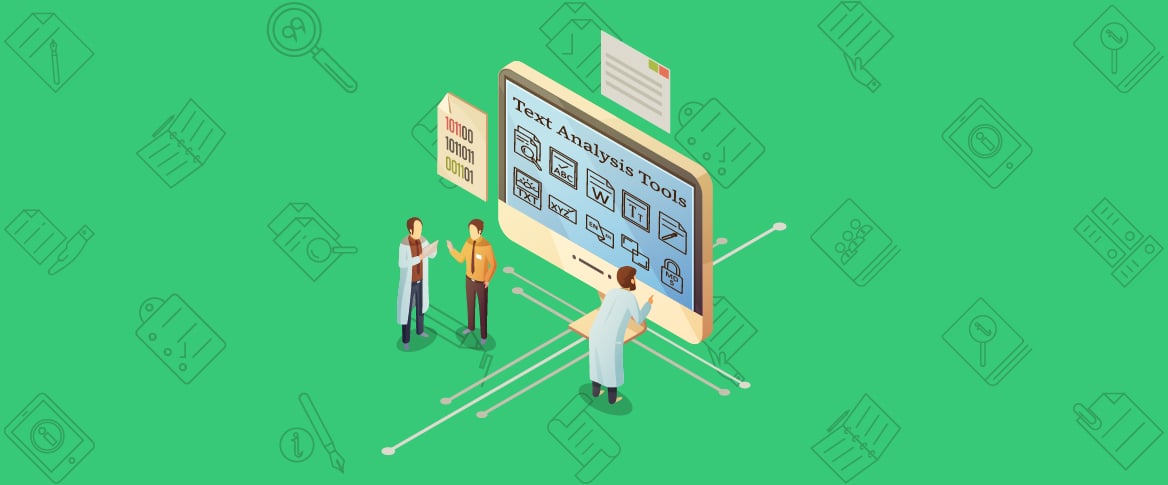Home » About Plagiarism »
 December 24, 2018
December 24, 2018
Using somebody else’s work and presenting it as your own is something very devastating, be it for research, for a paper or for writing a blog or article.
Not all the countries have the same laws as far as plagiarism is concerned; however, it’s better to avoid it rather than getting into trouble later on. If you are copying an author who lives in a part of the world where such rules are very strict, you might be sued by the author, and hence ends up paying off heavy fines and other such punishment as a result.
There is a good chance that you do not intend to plagiarize but do it unintentionally, without even knowing. Hence, it is recommended that you run your work in detail through plagiarism checking website before you present it or publish it anywhere online.
Different Sources of Plagiarism
There are different sources of plagiarism. The worst way of plagiarizing is to refer to only one source and change the content a bit with your words or by using synonyms. This is an absolutely absurd type of plagiarism, which would not be tolerated by an author who initially wrote the content.
It is suggested to go through many different sources and get as much information about the topic as you can. Once done with getting information, you can write in your own words the gist of it. And, the best way is to mention the sources even in this case.
You can access online libraries or free online books, papers or websites for the purpose of collecting information. This is something that would increase the worth of the information that you have gathered and would also clarify your concepts.
Your instructor would also encourage you for such detailed research and for referring to a wide variety of sources and proving a wide scope for the subject.
One important thing while referring to sources is to make sure that you are choosing those that are authentic. With hundreds and millions of sources on many subjects, there is a major chance that you get some with misleading information. This would both be plagiarism as well as quoting incorrect information. You can check online reviews about the sources that you are going to refer to.
Provide References
You least need to bother about plagiarism if you are providing the references of the original source of information. However, this doesn’t mean that you are allowed to copy/paste the data as you wish. You still have to describe everything in your own words.
Always use and provide multiple references; otherwise, your content would not be considered well researched. The only thing that you can directly copy/paste is a short saying that is like a quotation or something that cannot be described in your own words.
After having done with your work, you should check your work through a good plagiarism checking software. In the end, all these strategies to avoid plagiarism would help you throughout your educational as well as professional life.
- August 2025 (1)
- July 2025 (1)
- June 2025 (1)
- April 2025 (1)
- March 2025 (1)
- February 2025 (2)
- January 2025 (1)
- December 2024 (4)
- November 2024 (8)
- October 2024 (1)
- September 2024 (3)
- August 2024 (2)